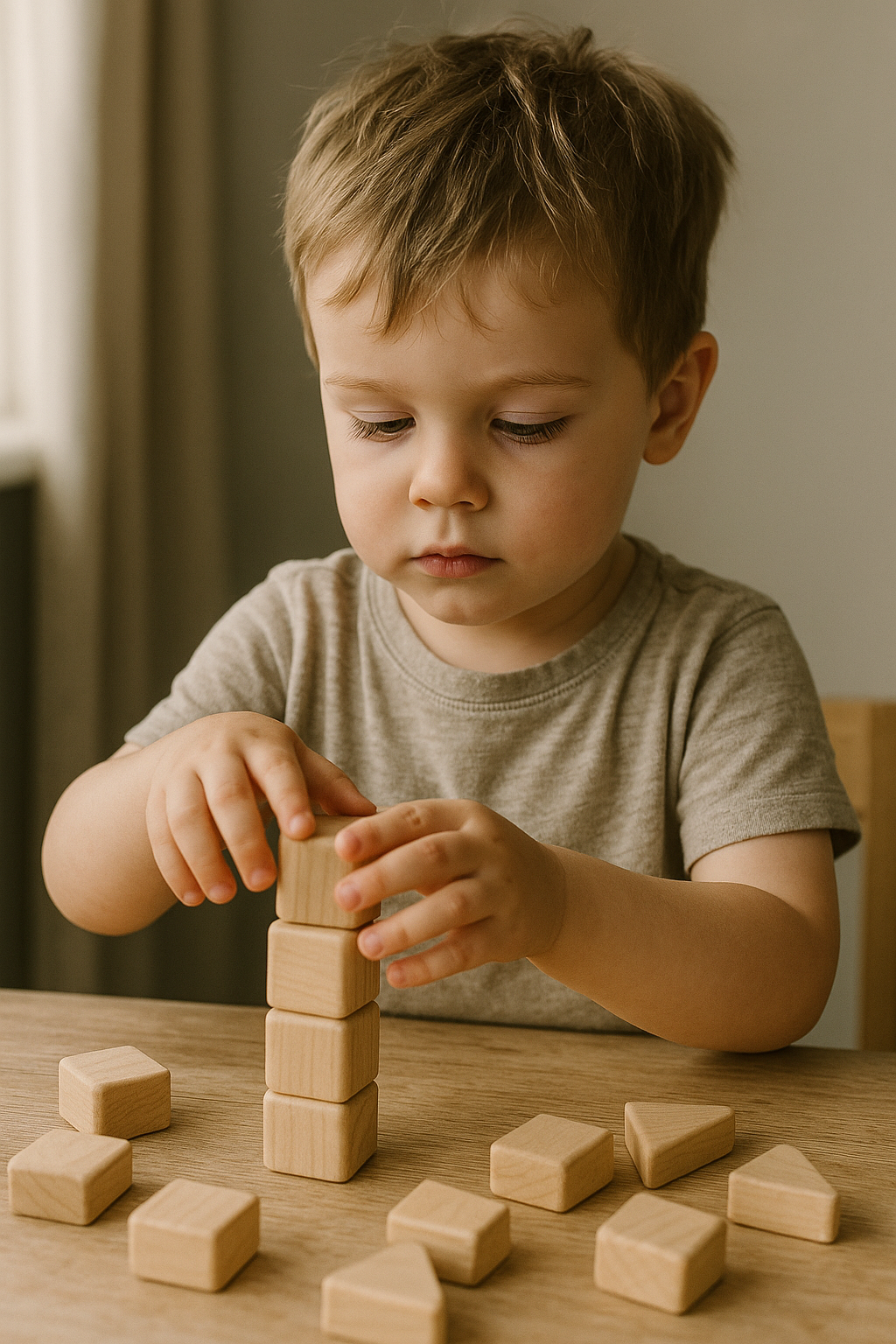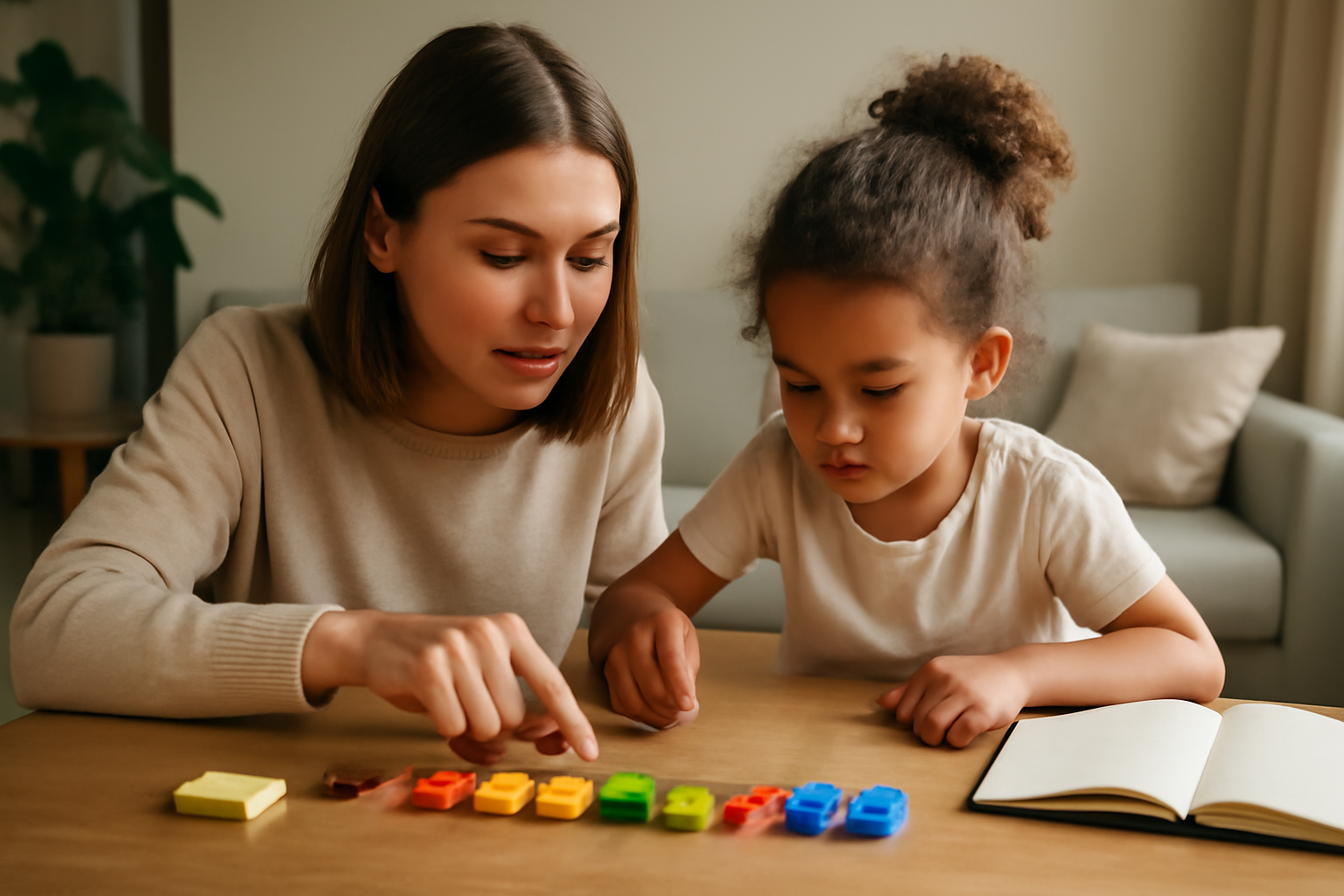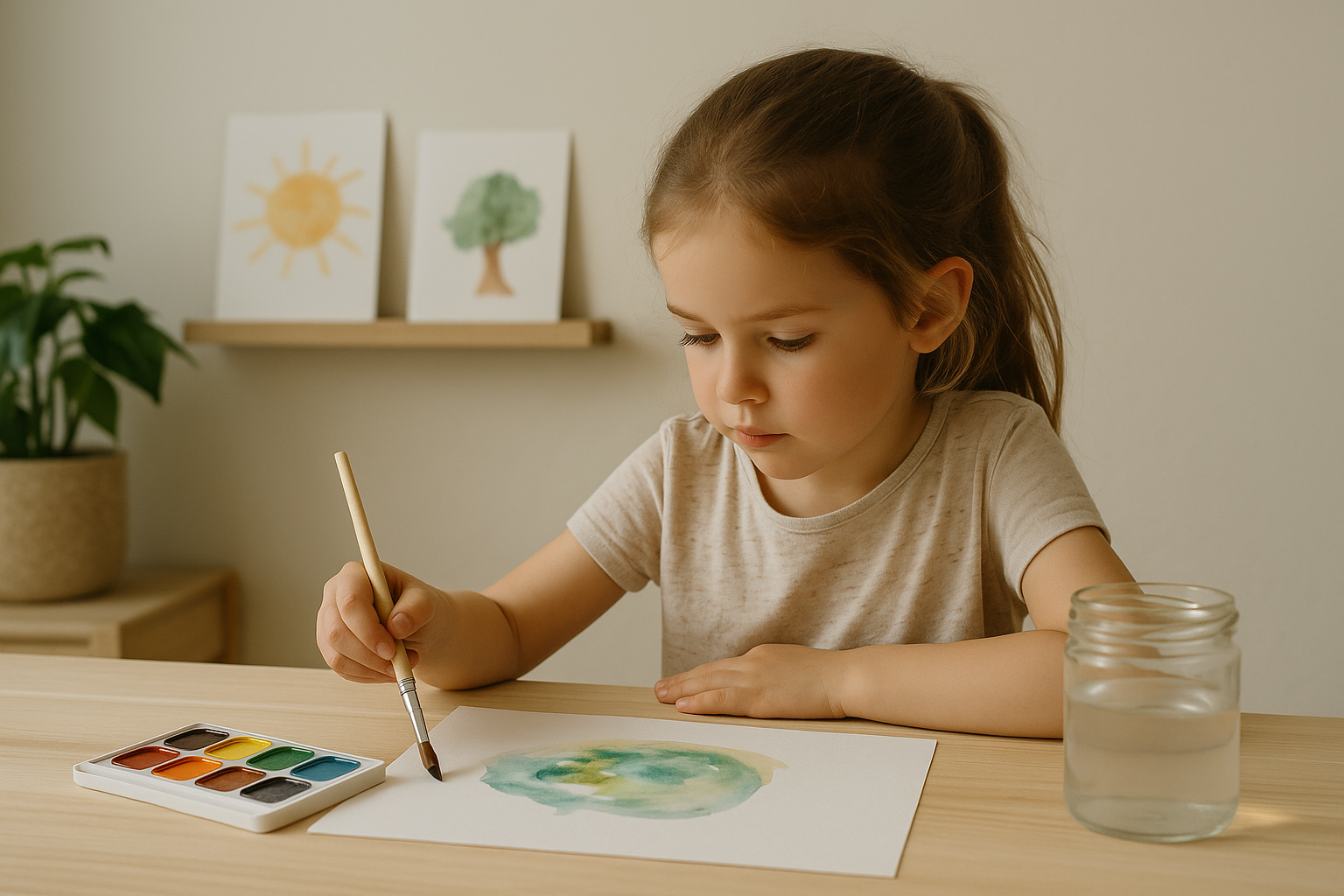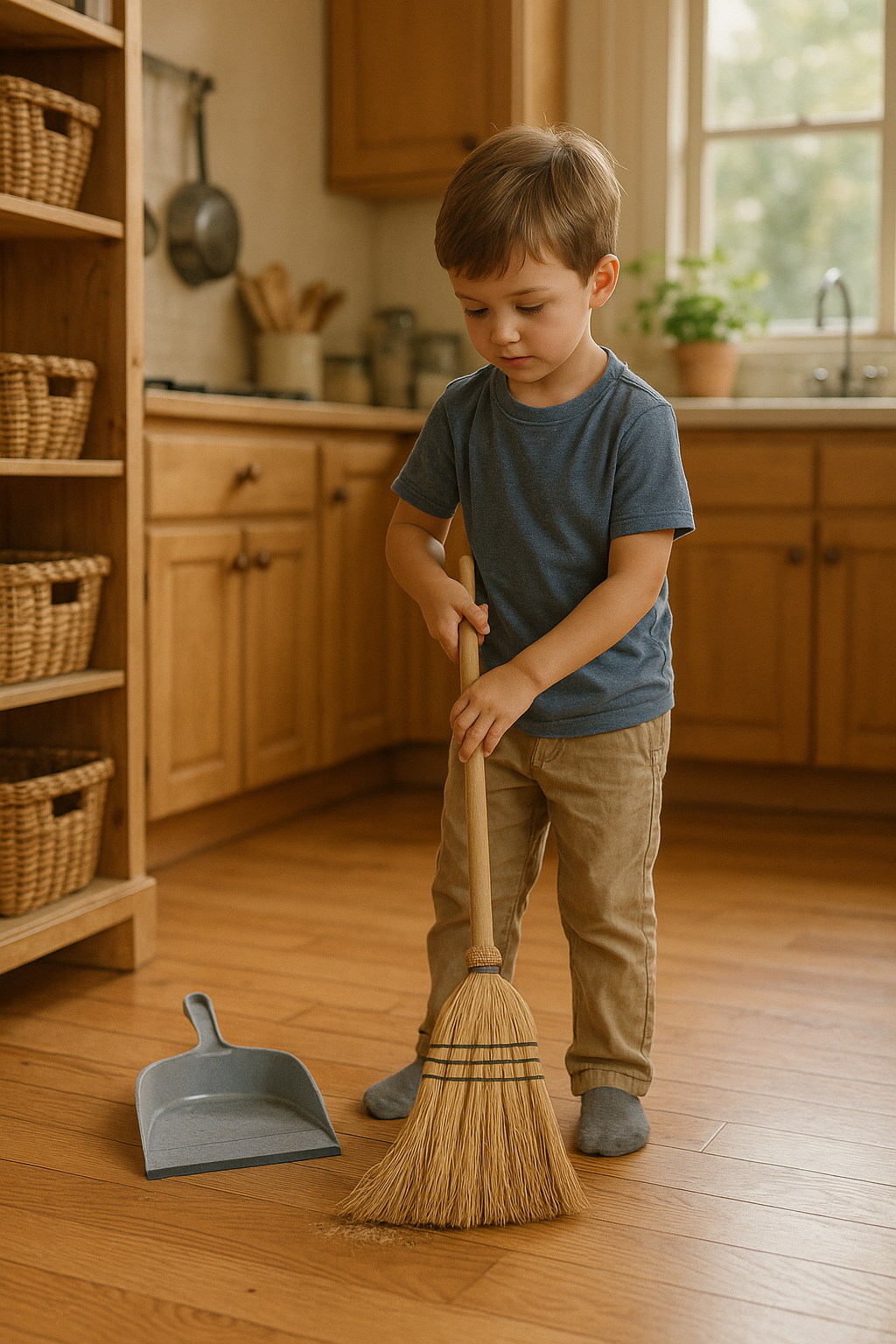How to Turn Household Chores Into Learning Opportunities
Household chores are often seen as simple tasks that need to be done to maintain order and cleanliness at home. However, these everyday activities can be much more than just routine jobs. When approached with the right mindset, household chores provide valuable learning opportunities for children. They not only contribute to a child’s sense of … Ler mais









